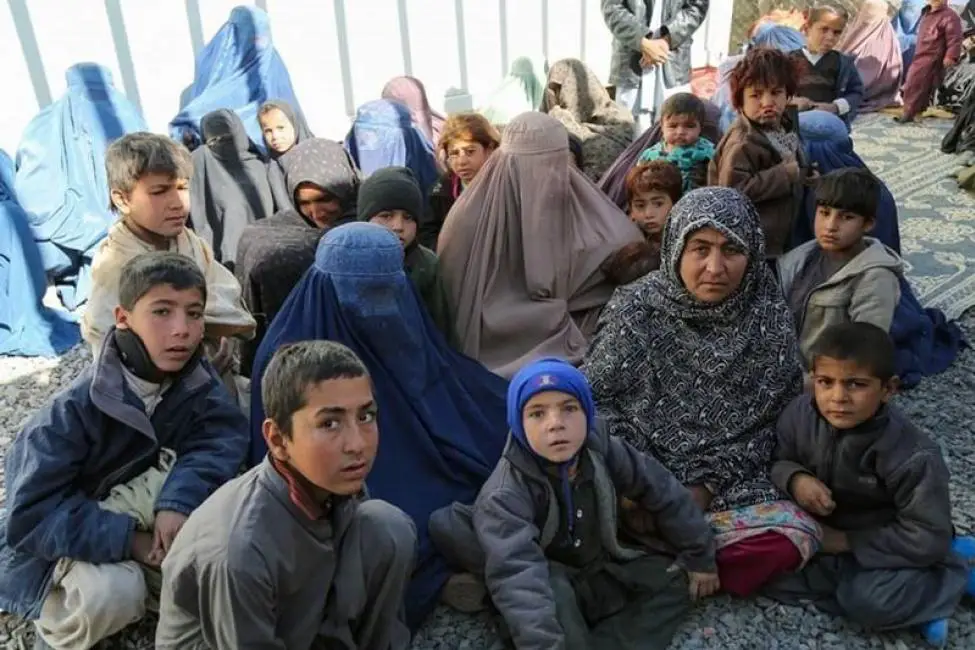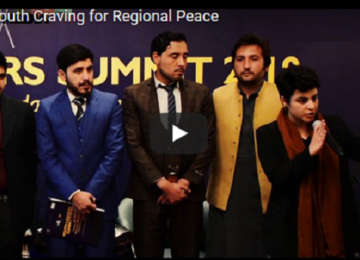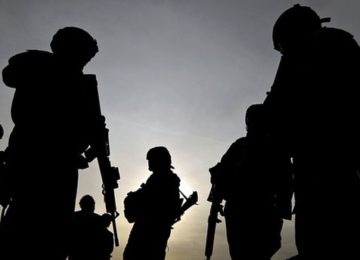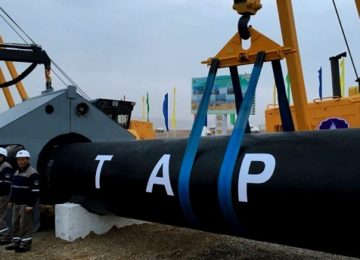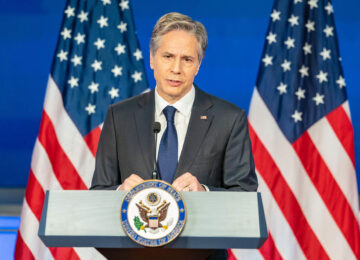By Elsa Imdad
Deporting the innocent Afghans isn’t solving a crisis, it is creating one, as families are torn from their homes and thrust into an uncertain future. Women and children suffer the most.
In a staggering wave of displacement, more than 250,000 Afghans returned from Pakistan in April alone, including 96,000 who were forcibly deported, according to the UN refugee agency (UNHCR). Among them were thousands of children, nearly 50,000 in just the first half of April, crossing the border into a country many of them have never called home. The majority of returns in April 2025 are Undocumented (73%), followed by ACC holders (26%) and Proof of Registration (PoR) card holders (1%). Out of the overall returns, 50% are female, of which 29% are girls. 58% are children.
These returns follow the expiration of Pakistan’s March 31 deadline for undocumented Afghans to leave the country, bringing the total number of returnees since September 2023 to nearly 940,000. More than half, around 545,000, are children, with one in five under the age of five. The impact of this influx is visible at reception centres like Spin Boldak in Kandahar. Save the Children’s mobile health teams offer emergency healthcare, nutrition, and sanitation support to families who arrive with little more than the clothes on their backs.
Omer, a 30-year-old father of five, shared his harrowing experience.
“I still cannot believe what has happened. I have lost everything overnight. The only things I managed to bring were my children’s clothes, a few blankets, and some kitchen utensils. I have no home, no place to go. The only thing I could think of was: where will I take my family?”
Since 2023, more than 3.5 million people have returned to Afghanistan. This has deepened an existing crisis, with nearly 23 million Afghans, just under half the population, requiring humanitarian assistance in 2025. Among them, 15 million are facing acute food insecurity, and 3.5 million children are suffering from malnutrition.
Babar Baloch, spokesperson for UNHCR, voiced deep concern, particularly for women and girls.
“They face increasing restrictions in terms of access to employment, education and freedom of movement. We keep telling the governments of Iran and Pakistan that returns to Afghanistan must be voluntary, safe and dignified.”
Women and girls, along with human rights activists, journalists, and religious or ethnic minorities, are especially vulnerable under Taliban rule. These groups are among those facing the greatest risks as they re-enter an Afghanistan marked by repression and uncertainty.
A recent survey by Save the Children underscores the long-term challenges. Nearly half of the returning families reported no access to jobs, and 81 percent lacked employable skills. Education is also a major casualty, with almost two-thirds of returnee children out of school due to lack of documentation, even though most had been enrolled in Pakistan.
Arshad Malik, Save the Children’s Country Director in Afghanistan, emphasised the scale of the challenge.
“Many of these children were born in Pakistan – Afghanistan is not the place they call home. The return of so many people is creating an additional strain on already overstretched resources, and this new wave of refugees comes at a time when Afghanistan is starting to feel the brutal impacts of aid cuts… We hope that this demonstration of compassion and solidarity will continue, that Pakistan will uphold its obligations under international law, uphold the principle of nonrefoulment, and continue to provide sanctuary for those vulnerable children and their families who still need international protection.”
UNHCR is seeking $75 billion to assist returnees and help stabilise the region. Afghans represented the largest group of irregular arrivals from Asia Pacific to Europe in 2024, at more than four in 10.
For Pakistan, the question must not only be about enforcement but about impact. Has the blanket deportation of vulnerable populations made the region more secure, or merely displaced the burden onto a country ill-equipped to absorb it? And for Afghan de facto rulers, will the continuing support of anti-Pakistan elements bring legitimacy or greater isolation and instability? However, this is not just a problem to resolve for Pakistan and Afghanistan. The international community must step up – it must contribute more funding, address the backlog of pending asylum and visa cases, and, most importantly, become a bigger host than Pakistan, Iran, or Turkey.
With anti-immigrant sentiment now dominating political discourse across much of the Western world, especially since the re-election of U.S. President Donald Trump, the Global South is increasingly left to shoulder humanitarian crises with little to no meaningful support. Migrants and refugees no longer appear to be a global priority. Funding cuts have severely impacted critical, life-saving assistance programs. Discussions have shifted away from the welfare of ordinary people toward the pursuit of more ambitious goals – apparently more important than addressing famine, illiteracy, statelessness, homelessness, destitution, and so on. Such policy choices have allowed major displacement crises, like that of Afghan asylum seekers and forced returnees, to go largely unaddressed. While powerful nations remain entangled in geopolitics, they must acknowledge that these decisions often produce collateral damage, chiefly affecting innocent lives.
All involved stakeholders must realise that forced returns and hardened borders will not solve shared security challenges. What is needed now is not fear-based policymaking, but foresight, and, above all, a humane response that places dignity, safety, and the rights of children and families at the centre. It must be acknowledged: innocent civilians are not the adversaries in this conflict, but the victims. Dehumanising them with not-so-well-thought-out policies and labels such as “aliens”, “terrorists”, “outsiders”, etc, will only sow more hatred and reduce space for their acceptance.
Disclaimer: The views expressed in this article are those of the author and reflect their personal opinions. They are not intended to represent the views of any organization or entity with which the author may be affiliated.
AUTHOR

Elsa Imdad is a USG Alumna. She holds a bachelors in modern languages with an English major and Spanish minor. She has previously been part of American Spaces in Pakistan and now works as a Project Coordinator at the Center for Research and Security Studies. She is also a weekly contributor for Matrix. Her interests include public diplomacy, language teaching, peace and conflict resolution, capacity building for marginalized groups, etc.



